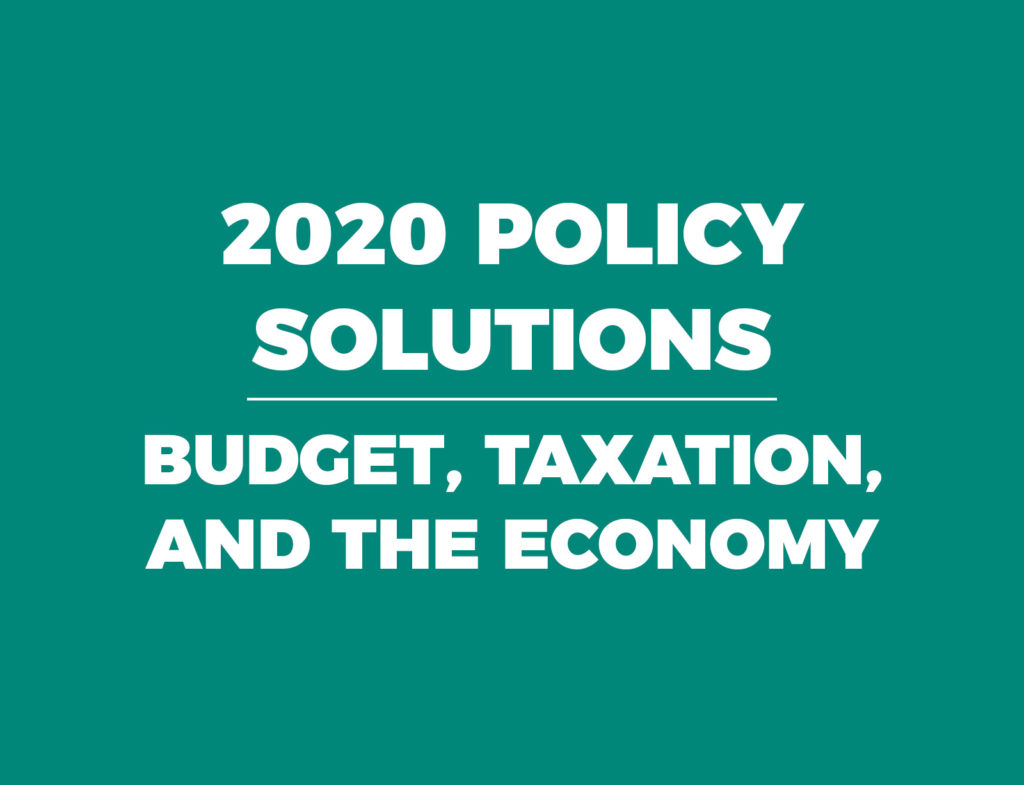Introduction
Updated as of January 2020.
For many years, economists and tax policy researchers maintained that North Carolina’s tax system needed a major overhaul. The system was a model of hodgepodge tax policy with high marginal rates on personal and corporate incomes and many exemptions carved out for the favored few. This led to a tax system that generally penalized investment, entrepreneurship, and economic growth, and therefore job creation.
The process of improving the tax code began in 2011. A 1 percent temporary increase in sales tax put into effect in 2009 was set to expire. North Carolina Gov. Beverly Perdue was in favor of continuing the higher rate past its expiration date. Ultimately, it was allowed to sunset, but only because of an override of Gov. Perdue’s veto of legislation by the newly elected Republican majority in the North Carolina General Assembly.
In 2013, the General Assembly implemented fundamental tax reform, which has become a model for states across the country. From the perspective of economic growth, the two most important improvements were pro-growth reforms in the personal and corporate income taxes. In addition, lawmakers also incorporated across-the-board tax cuts that would benefit most households in all income groups. The deliberative process that led to these changes was thoughtful and, in large part, ignored the kind of special-interest pleadings that typically plague such reform efforts.
But there is more to be done. North Carolina’s tax code still has some features that create biases against saving and investment. In particular, by taxing interest and capital gains, the state tax code imposes a double tax on all saved income. This needs to be remedied.
Key Facts
- The 2013 tax reforms replaced a three-rate progressive income tax that ranged from 6 to 7.75 percent, the highest in the region, with a flat-rate tax of 5.8 percent. This rate was subsequently lowered to 5.499 percent and then to 5.25 percent, which took effect in January 2019. The relatively low, flat personal income tax rate has ameliorated the bias against work effort and productivity that plagued the previous progressive rate structure.
- The standard deduction, also known as the zero tax bracket, has been dramatically increased from $6,000 prior to the 2013 reforms to $20,000 for a couple filing jointly in 2019. This was a way of building progressivity into what is essentially a flat-rate system.
- The corporate tax rate has been reduced from 6.9 percent in 2012, the highest in the Southeast, to 2.5 percent in 2019, the lowest of any state that taxes corporate income.
- The sales tax rate did not change, but the base was expanded to include some services. Business-to-business sales continue to be taxed.
- North Carolina continues to double tax saving and investment by taxing investments and capital gains. Full repeal of the capital gains tax would save taxpayers an estimated $500 million a year, which would need to be offset by budget cuts. A 50 percent exclusion would save taxpayers $250 million, and so on.
Recommendations
- Future reform efforts need to focus on eliminating savings from the tax base. This would eliminate the bias against saving, investment, and entrepreneurship that still exists in the tax code. A good first step in this direction would be to eliminate taxation on capital gains or, at the very least, creation of a capital gains exclusion. The reduction in revenue to the treasury from reducing or abolishing the capital gains tax should be replaced by eliminating economic development programs that subsidize business. (See Economic Growth.)
- If lawmakers refuse to eliminate the tax on capital gains, at the very least such gains should be indexed for inflation. This measure would eliminate what is essentially a tax on no real gains at all.
- Businesses should be allowed to deduct all purchases of capital equipment and land in the year they are incurred, which is known as expensing. This approach has recently been adopted at the federal level and will also apply to North Carolina. But federal policy in this regard will expire after five years. North Carolina should go beyond federal tax policy and make immediate expensing a permanent feature of the tax code.
- Impose a moratorium on any new expansion of the sales tax base until business-to-business sales are exempted from the tax. This is a hidden double tax embedded in the system.
- Ideally, lawmakers should seek to eliminate the double taxation of saving and investment returns by converting the current system into a “consumed income tax.” This is done by adjusting the tax base to allow taxpayers to deduct saving and investment from their taxable income. Both the principal and the interest would be taxed when they are removed from saving and spent. This is similar to the way “individual retirement accounts” (IRAs) are treated under the tax code, except there would be no age limits or other restrictions on withdrawal.



